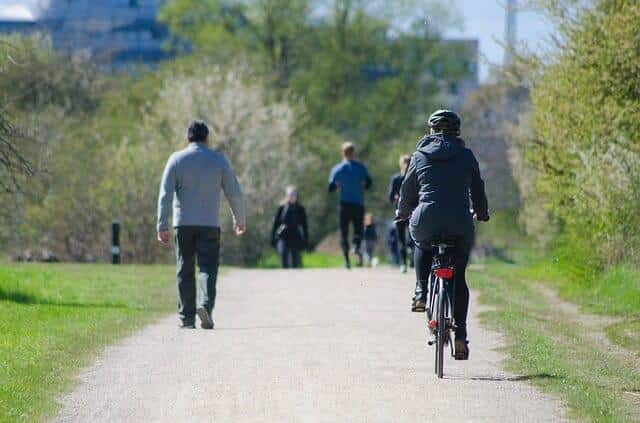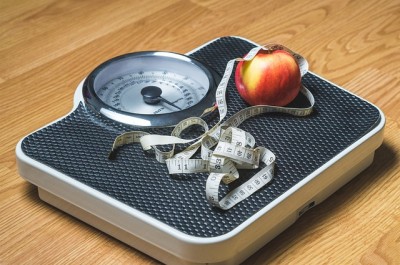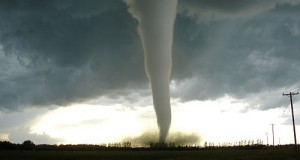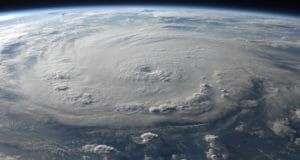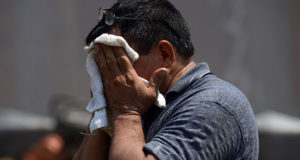People who are serious about preparedness have a lot to be concerned about. The considerations of post-disaster survival range from food to water to hygiene to self-protection to transportation to emergency medical care.
But there is one area of prepping that is often overlooked: personal health and fitness. If a sudden disaster were to strike, it is possible that your most valuable prep might be your own body. If you are unfit and unhealthy, you might be limiting your capacity for independence, both now and in whatever future.
I am not a health care provider or a fitness expert. Rather, I am an ordinary citizen with a personal testimony to share. Over the past several years, my weight has crept up and my overall health has deteriorated. When my bloodwork reported results so high that my provider wanted me to begin a regimen of medications this past spring, I resolved to turn things around by eating better and exercising more.
Five months later, I have lost 26 pounds and am closing in on my goal weight. But it is about far more than numbers on the scale. A follow-up with the laboratory and my provider revealed drastically reduced lipids and sugars, lower blood pressure, and increased lung capacity.
Are You Prepared For A Downed Grid? Get Backup Electricity Today!
For many people, the side effects of physical fitness are at least as rewarding as the actual numbers on the scale and lab report and clothing sizes. In my case, my weight loss has also resulted in more self-confidence, a higher energy level, and feeling generally more positive.
Making the time and doing the work to increase my fitness level also has made me an abler homesteader. Long hours on my feet during canning season, racing to the chicken house to investigate a sudden commotion, and weekend firewood-processing marathons are now less taxing.
And if disaster strikes, I will be more capable of keeping myself and my loved ones safe. While there are a lot of other factors that are important, the ability to walk, run, climb, push and haul might be some of the most needed.
Many Americans are obese, or lead sedentary lives, or live with addiction, or suffer from conditions that are exacerbated by lifestyle. This will not serve them in the event of a disaster, and could possibly even jeopardize the welfare of those around them.
Consider the many scenarios in which physical fitness would be crucial. People may need to run to save a child or slip quietly out of sight in a forest. They might be called upon to walk long distances, climb a tree or ladder, rappel, pound a nail, heft an axe, operate a scythe, paddle a boat, swim, carry heavy loads, and work long days—all of which are possible for unfit people but will be more challenging.
Just 30 Grams Of This Survival Superfood Provides More Nutrition Than An Entire Meal!
Dependence upon cigarettes, alcohol, legal or illegal drugs, or even technology could possibly result in placing oneself at risk for a fix. Nobody wants that for themselves. Nobody wants to land in a post-disaster scenario with a bad knee, poor dental health, or gout, either.
None of this is to say that everyone has complete control over their own health. Accidents happen. Diseases happen. Genetics happen. But for the rest of us, it makes sense to do all we possibly can to be fit and healthy.
No one is perfect, and thank goodness we do not need to be. We all struggle with at least one issue — my family history of heart disease and diabetes and my fondness for Dr. Pepper and Little Debbie’s will always be present in my life. But facing our health challenges head-on and dealing with them now instead of later is a win-win. We win now, we win in the event of a disaster, the people around us win because we will have fewer special needs and instead will be able to help others, and we also win in terms of comfort and longevity if disaster doesn’t come. The only people who really lose out if Americans become fit and healthy are the big pharmaceutical companies.
We do not need to look like bodybuilders or run like track stars. But we do need to reach for our personal best and make health and fitness a central component of our survival and prepping goals.
Do you agree or disagree? Share your thoughts in the section below:
 Off The Grid News Better Ideas For Off The Grid Living
Off The Grid News Better Ideas For Off The Grid Living

